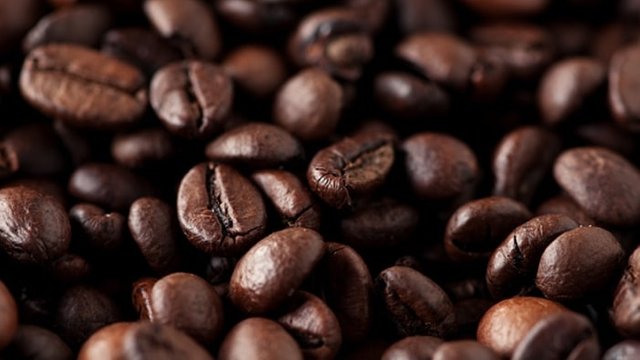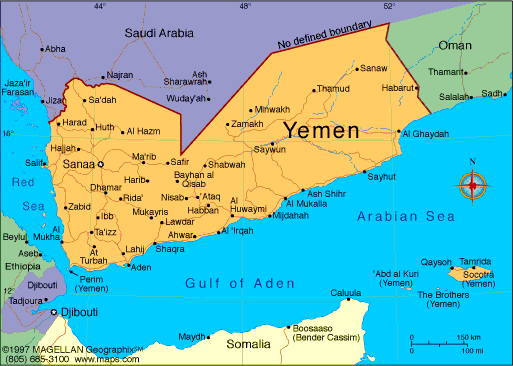Coffee, the story of the energizing bean that made it's way from Yemen to your kitchen.

Coffee. Approximately fifty percent of American adults drink it (161 million), averaging out to 3.5 cups per day, per person.
It contains the highly addictive stimulant known as caffeine, a drug which rivals many hard drugs in it's addictive properties. However due to a long multicultural history and a lack of any major health issues, coffee does not have the same stigma attached to it as many other equally addicting substances.
The earliest tenable evidence of coffee consumption that we have brings us to the western Arabian Peninsula, in 15th century Yemen. It was here that coffee was first brewed and cultivated. The most predominant documented usage that we have are of religious groups using it during rituals.

Throughout the following century and into the next coffee spread to the middle east, Persia, Turkey, and northern Africa. In 1600 Pope Clement VIII declared coffee to be a Christian drink and this spread it'a popularity among Europeans as it was previously considered "a Muslim" drink.
In colonial North America coffee was originally not very popular, however after the historical Boston Tea Party, all but few colonist lost their taste for tea and coffee became the new caffeinated beverage of choice. This change in habit only solidified after the War of 1812 in which the British temporarily cut off access to tea port to the U.S.

Coffee was introduced to Brazil in 1727 but didn't gain traction until after the revolution nearly a hundred years later. Once it did Brazil quickly grew to become the world's largest producer in the world by 1852. Throughout the 1910-20's Brazil exported nearly 70% of the worlds coffee and remains the number one exporter in the world.
The reason for their success can be attributed not only to a great climate and ideal soil conditions but to the cultivation methods used by Brazilian farmers. Where the standard method was to throw twenty seeds in a hole with the hope that perhaps half would sprout , Brazilian farmers planted each seed indoors under controlled conditions until they had sprouted before transplanting them into a larger area. This allowed a greater number of seeds to survive.

The coffee we know and love today has a rich and interesting history that I could never hope to fully cover with a single post. This rich history however is not exclusive to coffee, there are thousands of everyday items and commodities which have a complex and occasionally violent history that is often ignored.
If you found this interesting I will be posting similar historical summaries on other common household items and commodities so be sure to follow me and keep an eye out for the next post. If you have any request, feel free to state them in the comments.
I loooove coffee :)
I couldn't live without it!
You can't beat a cup of black unsweetened ground coffee in the morning. It's healthy too apparently.
Awesome post, I had no idea coffee came from Yemen. to me I prefer a small cup of coffe with little sugar, but it must be good coffee, not washed water ahahah
Peace, Carlos